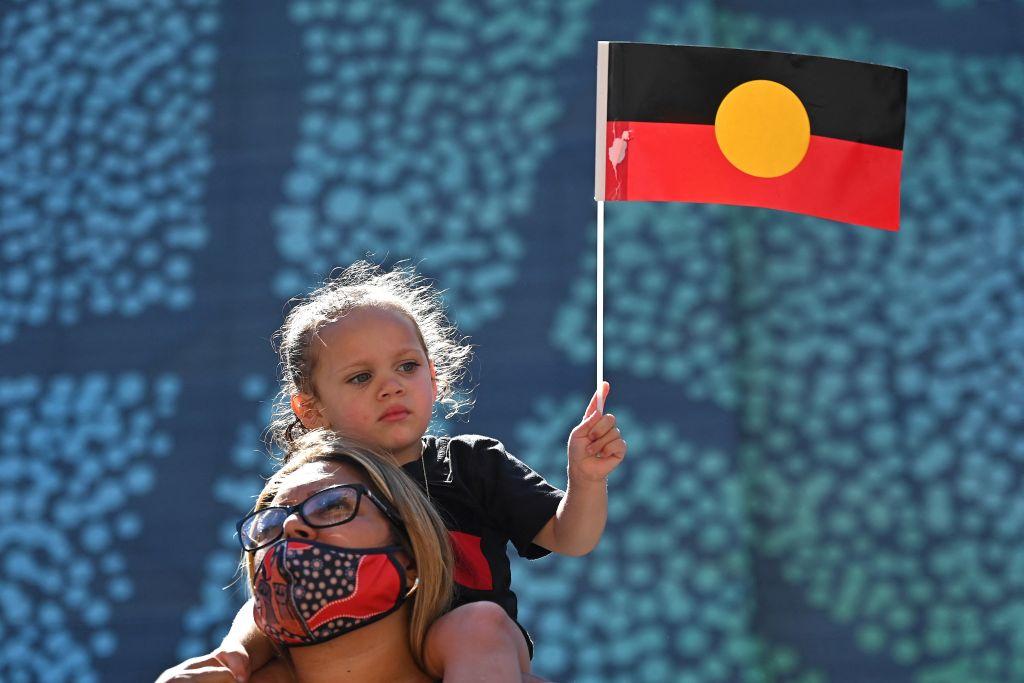An Indigenous academic has warned about the impact of overemphasising the “assumed trauma” brought about by colonisation when addressing Aboriginal issues at school, saying it will promote “a sense of victimhood” among Indigenous students.
The comment comes about a week before the Victorian government implements its new school program which will require educational settings across the state to acknowledge Indigenous culture and adopt measures to “eliminate racism.”




